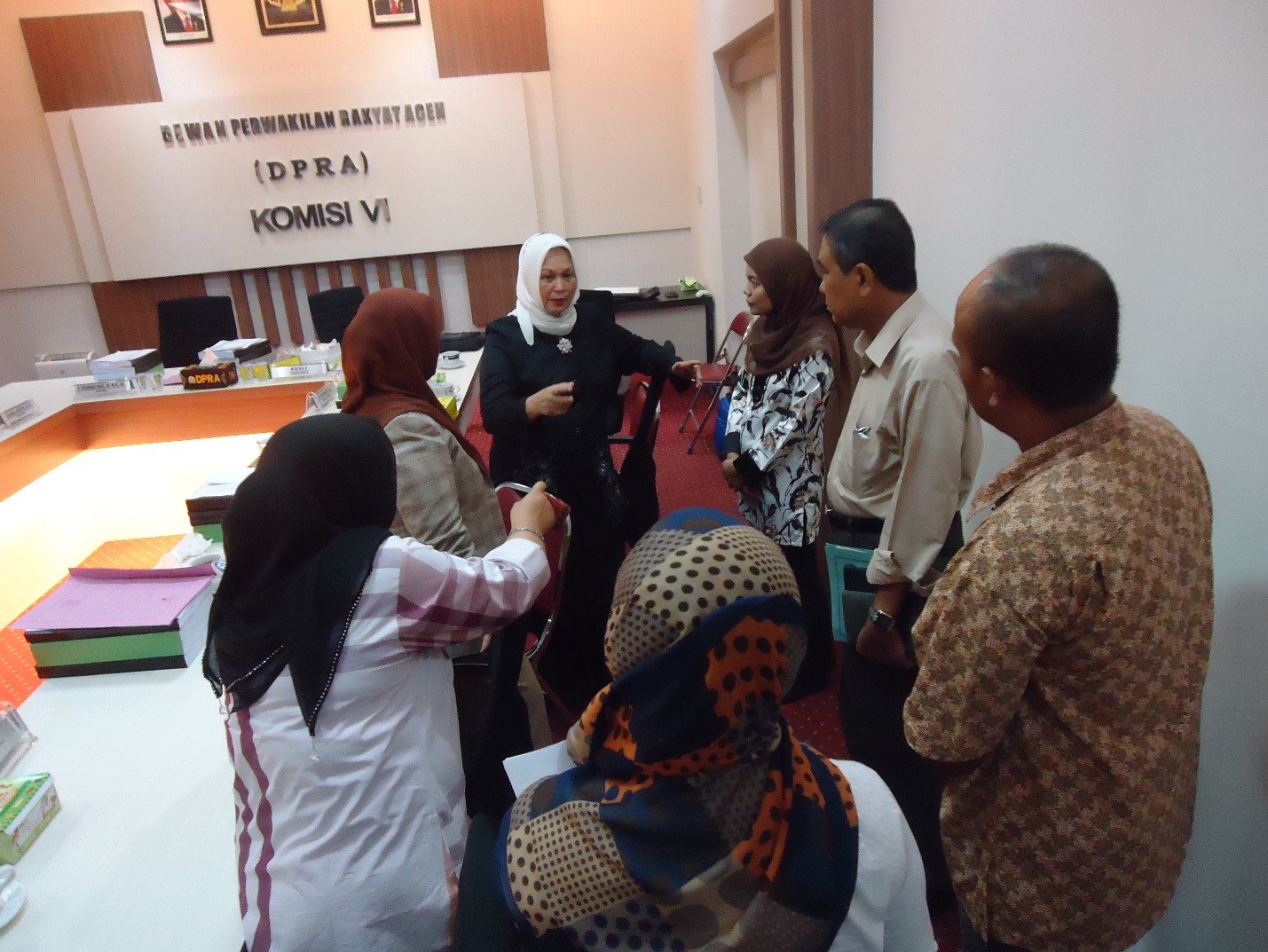International Women’s Day Blog Series Spotlight: Indonesia Part Three: Why We Win With Women

Increasing women’s meaningful participation, voice, and influence in the political system and surrounding institutions is critical to achieving a truly representative democracy.
According to the World Economic Forum’s 2013 Global Gender Gap Index the average national-level legislature is comprised of just 21.9 percent women. Indonesia lags behind this average, with 17.3 percent female representation in the 2014-2019 national level People’s Representative Council or Dewan Perwakilan Raykat (DPR). For the 118,687,022 Indonesian women, and for the country’s continued development, their marginalization is a real challenge. The limited involvement of women in the decision-making process is a contributing factor to the disconnect between the Indonesian government and its citizenry as well as the insufficient attention paid to a wide range of issues disproportionately hindering the wellbeing of more than half of the country – for example, the devastating effects of maternal mortality rates.
Having women participate in politics improves a country’s political systems. According to research conducted by the World Bank, an eight percent increase in the number of women in parliament should result in a twenty percent decrease in corruption levels. Developing countries with higher levels of gender equality in their political institutions tend to have lower poverty rates and higher gross domestic products. Finally, female politicians approach politics differently by being more inclusive of citizen engagement and consultation.
Men and women have different policy priorities, based on general differences in their life experiences. Women’s priorities are different from men’s as they have different relationships with institutions and society; and with these different viewpoints come different policy priorities.
- Women are more likely than their male counterparts to criticize the democratic status-quo; and to promote policies that are family friendly and citizen focused.
- Female representatives place priority on policies that concern women, family and children while males prioritized financial and economic policy.
- An Inter-Parliamentary Union (IPU) research project of 200 female members of parliament (MPs) from 65 countries found that 89% believed they had a particular responsibility to represent the needs and concerns of women.
- Female parliamentarians have also been found to be more favorable towards new politics – such as those related to environmental protection.
Top